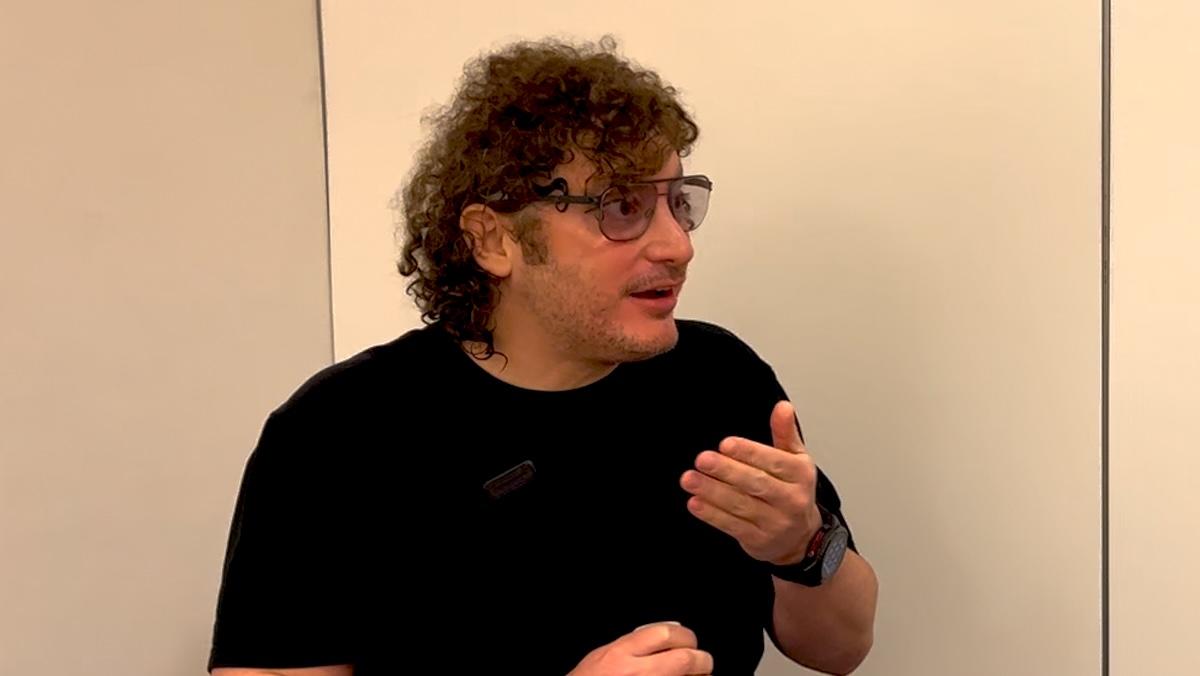Otsuka, Click trial digital depression therapy with Google

Otsuka and Click Therapeutics are working with Verily, the healthcare subsidiary of Google owners Alphabet, on a fully remote clinical trial testing a digital therapy as an add-on in adults with severe depression.
Otsuka is on a mission to develop digital technology to treat mental illness and broke new ground by marketed Abilify Mycite (aripiprazole) a “digital pill” for schizophrenia with Proteus Therapeutics that failed to capture the imagination of payers in the US and proved to be a commercial flop.
That project, which used an ingestible sensor to track whether patients had taken doses of the medication, ended with the demise of Proteus.
After buying what was left of Proteus in a fire-sale last year, Otsuka is continuing its digital odyssey with a new approach, adding both digital technology and a remote clinical trial.
The pivotal, randomised, controlled trial will enrol up to 540 US patients with Major Depressive Disorder.
Trial participation will be 10 weeks and efficacy will be evaluated as a change from baseline using a standard score.
Otsuka and digital health firm Click will collaborate with Verily, a subsidiary of Alphabet, to run the completely remote trial.
Verily will provide electronic trial tools and technology to engage patients and clinicians, in order to increase the pace of studies and collect comprehensive data in a more naturalistic setting.
The collaboration also enables the trial to proceed efficiently and safely during the COVID-19 pandemic.
Otsuka and Click have been working together since 2019 to develop and market prescription digital therapeutics.
Click is developing its own suite of digital therapies and is also working with Germany's Boehringer Ingelheim on a digital therapy for schizophrenia in a partnership worth up to $500 million.
That deal, signed in September, is based around a digital therapeutic (DTx) app called CT-155.
The companies hope CT-155 will be prescribed either as a standalone treatment or in combination with pharmaceuticals.













